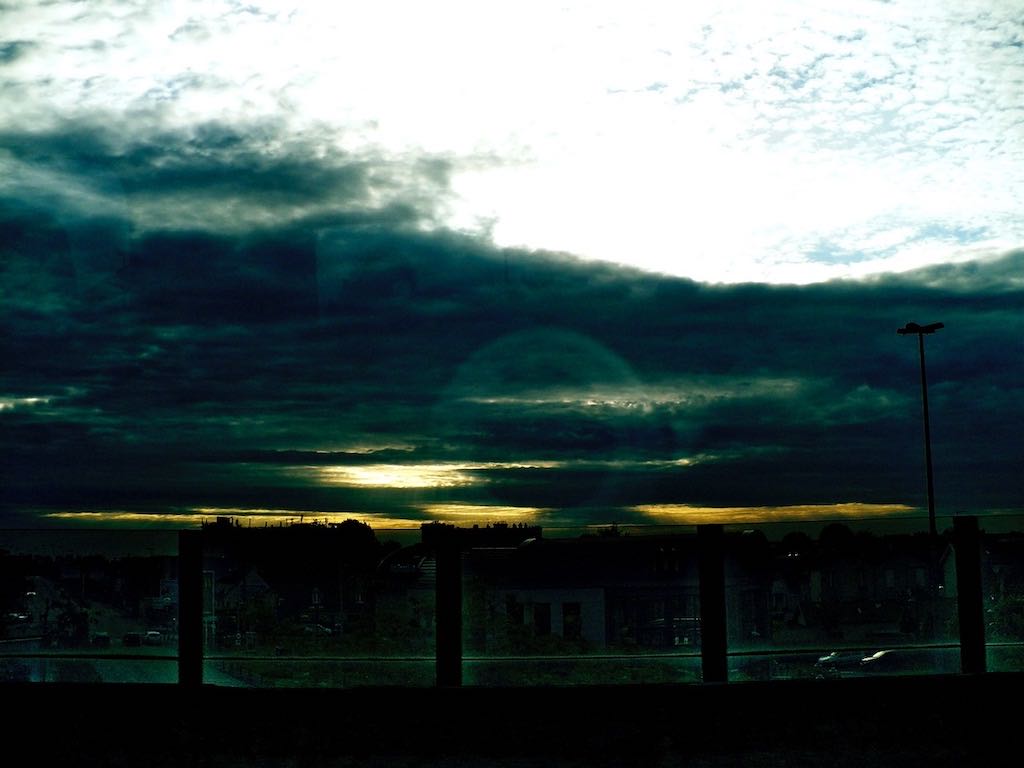It is this desire to avoid being trapped by the normal genres of critical thought that have led me to explore the blurred lines between a disappointed utopianism that endures, and a merely failed utopia that crumbles in its contradictions. Elizabeth Grosz has suggested that “Critique always affirms the primacy of what is being critiqued, ironically producing exactly the thing it wants to problematize” (Kontturi and Tiainen 2007:255). The problem she describes is real — the frame of critique can overwhelm the substance — and that is part of why I have tried to frame this study in an off-centered style, while trying to avoid both pure affirmation and pure repudiation. There are social forms, and people, that I love in Paris 8, and I have tried to be true to that. But there is also much to mourn and condemn about this institution: above all, its structural coloniality, its left patriarchy, and its uncomfortable dependency on precarious work. If this book is still a critique, then it is a critique that is also a work of mourning and of displacement: it tries to reckon with history so that we can move on. It works through the past, but as a source of new momentum. I find as I write that I am done with the stuckness of left melancholia, and I am finished with melancholic investments in what French Theory could have been. We might be done reading about Paris as a colonial “capital of modernity”; but that does not mean there is nothing to learn from its banlieues.
As a work of mourning, the book has been a labor of self-care for me. It has helped me leave the academy, leave the university. Writing it was a good distraction from the precarity and structural heartbreak of academic labor. The writing helped transfer some optimism from the Other into an analysis of the Other. It has helped me find grounds for a more durable utopian practice, not through sheer optimism, but by incorporating ambivalence, and disappointment, into the emotional project of utopia. Here I would insist again that it is less about creating new identities than about generating new relationships. Disappointed utopianism does not show us a new universal subject or a new “class-in-the-making” (Standing 2011). Instead it grounds a desire to build better institutions, ones with more intersectional “categories of connection” (Collins 1993), with stronger capacities to hold utopian desires without trying to be perfectionist about them. Utopian forms are localized and precarious forms of life, clinging to existence in the crevices between historical forces. As our historical moments shift, our utopian options do too. They are bound to be contradictory, but most contradictions are not fatal.

The book has been written from a precarious place. By the time I was revising this manuscript, I was writing it from an adjunct office in Cleveland. It was an underpaid, depressing and unstable existence. And yet it also seems to me that precarity can inform a research method, energize utopian desires, and organize new collective spaces. Recall how a group of student radicals announced their occupation of a café at Paris 8:
Since Tuesday April 6th, a space abandoned at the entry of the St. Denis campus territory has been recuperated. This reappropriation is a necessity. Today, the campus is doing nothing to allow us to meet, exchange, organize or struggle. The university cannot be a simple point of passage and of consumption of coursework. Opening this place up is taking things into our own hands, ceasing to be passive, transcending the standard academic framework, bringing the city to life within the university. It belongs to no one; anyone can live there and bring it alive.
We are reappropriating this space to make it into a place of solidarities, of sharing, of struggles. We want to organize ourselves outside the logics of representation and the frameworks imposed by the university: schedules, institutional policy, occupation of space. We are experimenting with a place for debates, a place for sharing knowledge and practices.
There are times when critical theory seems like an equally abandoned, dusty entryway. Perhaps it too can be recuperated, made into a border space “outside the logics of representation and the frameworks imposed by the university.” Maybe it can be reoccupied somehow. Maybe we should just move on. Clearly, better utopias will demand better theories, better desires, better relationships. But whatever we do, let’s not try to make these utopias into coherent, enclosed spaces. It isn’t utopian to keep people out: it’s utopian to let them in. It isn’t utopian to find unmitigated optimism: it’s utopian to live with disappointment and incoherence. It’s utopian to think through what makes us awkward, broken and impossible.
If disappointment is possible, then maybe utopia is too. Maybe disappointment is what makes utopia possible in the first place.
I’m still not sure this book is completely finished, but this is as far I can get right now. So I’m going to leave it here.